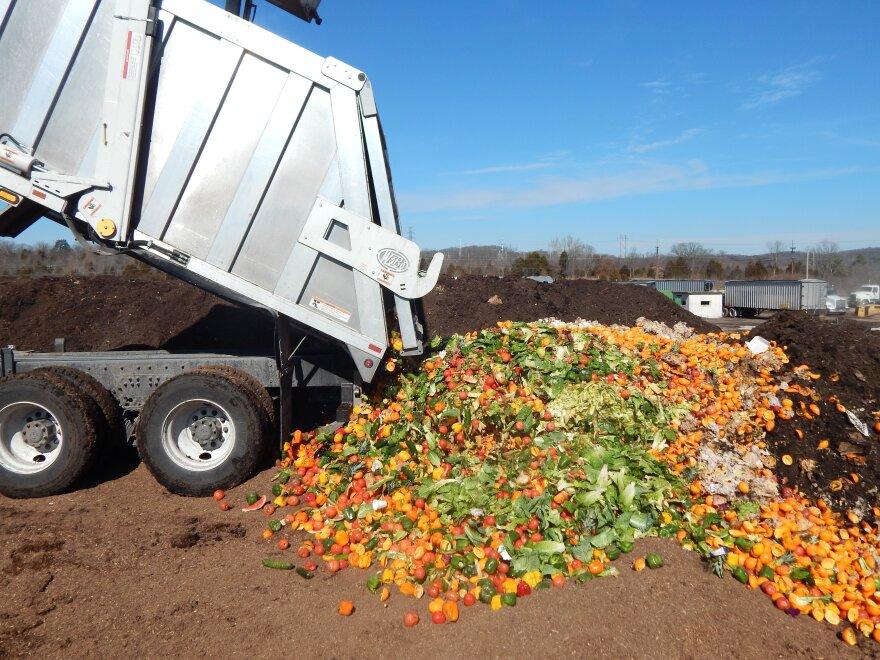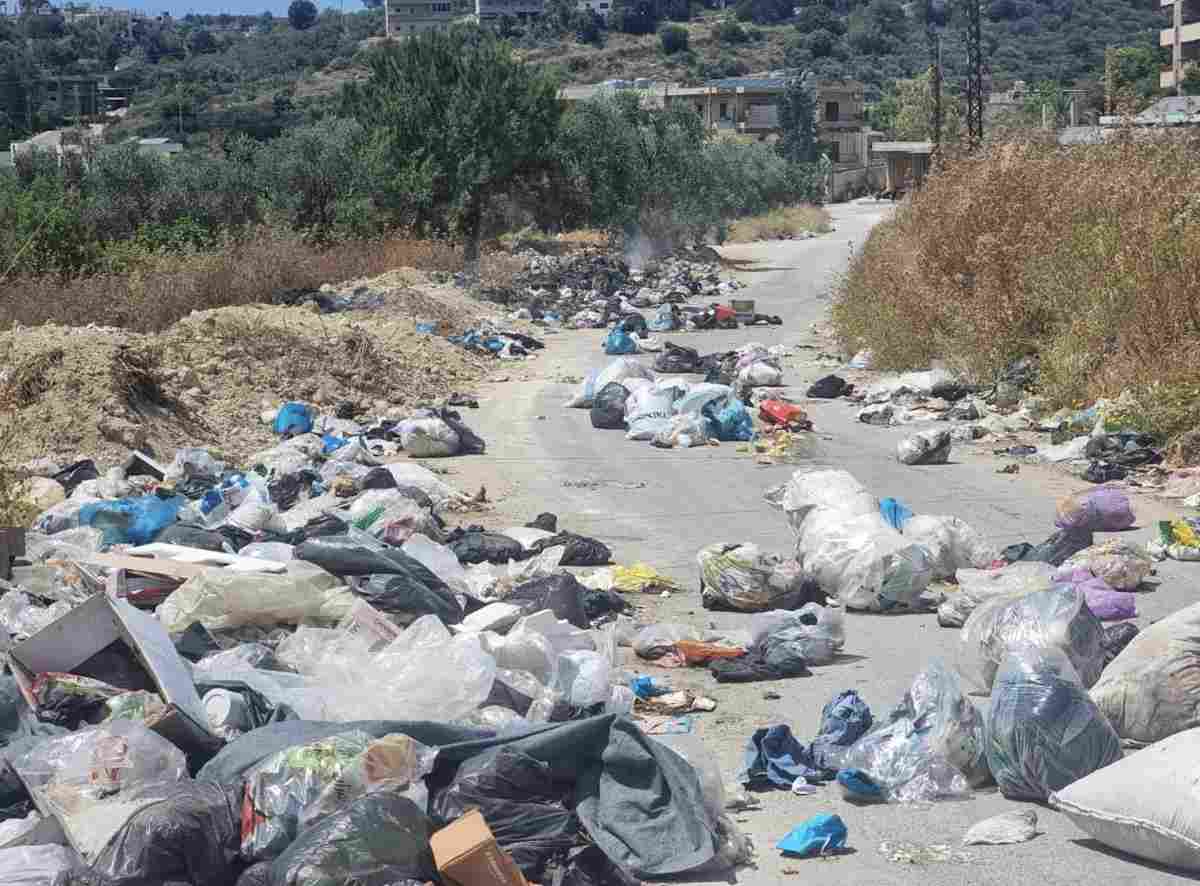
BEIRUT (Enmaeya News) — September 26, 2025
Lebanon experiences significant food loss each year due to inefficiencies in production, harvesting, storage, transportation, and distribution.
Recent disruptions—including rising input costs, power shortages, and logistical challenges—have further intensified these losses, making food availability and affordability an urgent concern. According to FAO, perishable foods such as fruits and vegetables are particularly affected, especially in regions with inadequate storage and transport infrastructure.
Food waste in institutional settings, such as hospitals, is also emerging as a critical concern. A study published in Frontiers in Sustainable Food Systems in 2025 found that, on average, 31.4% of food served in Lebanese hospitals is wasted.
This translates to an estimated 1.49 million liters of water, 2,188.75 kilograms of CO₂-equivalent emissions, and 7,931 grams of nitrogen lost daily. Hospitals in rural areas were found to generate more waste than those in urban settings, compounding both environmental and operational challenges.
Much of the wasted food is mixed with other refuse and sent to landfills, increasing the environmental footprint of healthcare operations.
Experts stress that reducing hospital food waste is essential not only for sustainability but also for optimizing resources, cutting costs, and improving overall food management.
Efforts to minimize plate waste—through better portioning, awareness campaigns, and improved logistics—are increasingly recognized as a key step toward creating a more sustainable and resource-efficient healthcare system in Lebanon.






